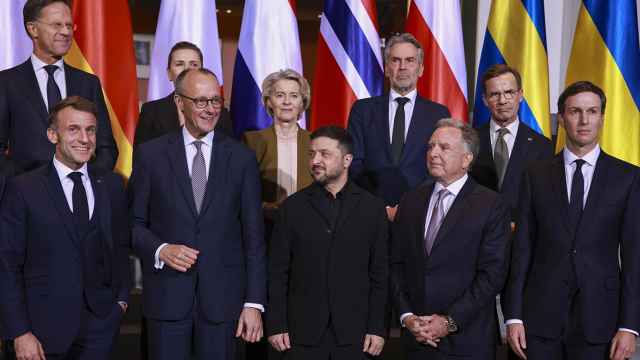HAVANA — Retired Cuban president Fidel Castro on Wednesday blasted a report in a Russian newspaper that his country buckled to U.S. pressure and blocked former U.S. spy agency contractor Edward Snowden from traveling through Cuba to exile in Latin America.
Castro, who ceded power to his brother Raul in 2006 and is rarely seen or heard from in public, said Monday's article in Kommersant was a "lie" and "libel."
Castro, in a column carried by official media on various international issues, from Syria and Egypt to robots doing police work and Snowden, hailed Snowden and lashed out at U.S. spying as repugnant.
"It is obvious that the United States will always try to pressure Cuba… but not for nothing has [Cuba] resisted and defended itself without a truce for 54 years and will continue to do so for as long as necessary," Castro wrote.
Snowden, who is wanted in the United States for leaking details of U.S. government surveillance programs, had planned to fly to Havana from Moscow's Sheremetyevo Airport a day after arriving from Hong Kong on June 23.
But Snowden, who eventually accepted a year's asylum in Russia after spending nearly six weeks at Sheremetyevo, did not show up for the flight.
Citing several sources, including one close to the U.S. State Department, Kommersant said the reason was that at the last minute Cuba told officials to stop Snowden from boarding the Aeroflot flight.
It said Cuba had changed its mind after pressure by the United States, which wants to try Snowden on espionage charges.
Castro, in his column, blasted Kommersant as a well-known "counter-revolutionary" and "mercenary" newspaper.
"I admire the courageous and just declarations of Snowden," Castro wrote.
"In my opinion, he has rendered a service to the world having revealed the repugnantly dishonest policy of the powerful empire that is lying and deceiving the world," Castro continued.
A Message from The Moscow Times:
Dear readers,
We are facing unprecedented challenges. Russia's Prosecutor General's Office has designated The Moscow Times as an "undesirable" organization, criminalizing our work and putting our staff at risk of prosecution. This follows our earlier unjust labeling as a "foreign agent."
These actions are direct attempts to silence independent journalism in Russia. The authorities claim our work "discredits the decisions of the Russian leadership." We see things differently: we strive to provide accurate, unbiased reporting on Russia.
We, the journalists of The Moscow Times, refuse to be silenced. But to continue our work, we need your help.
Your support, no matter how small, makes a world of difference. If you can, please support us monthly starting from just $2. It's quick to set up, and every contribution makes a significant impact.
By supporting The Moscow Times, you're defending open, independent journalism in the face of repression. Thank you for standing with us.
Remind me later.





